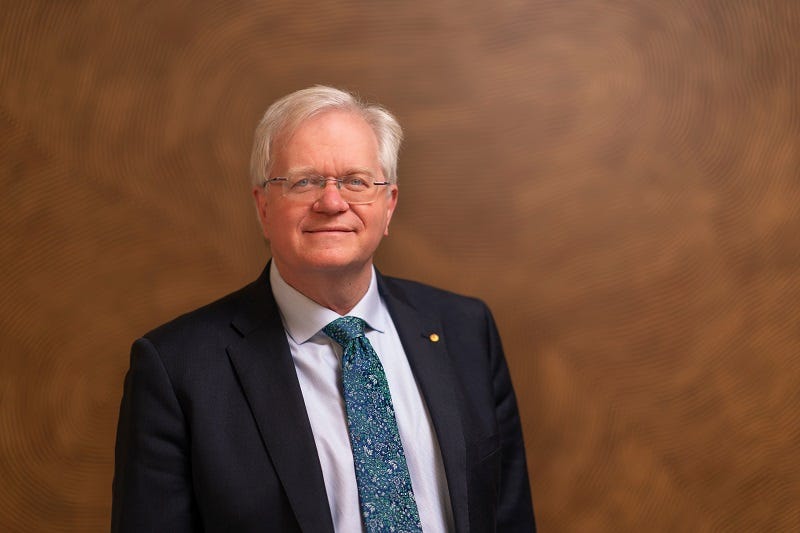
Image: Jamie Kidston/ANU
The Australia National University (ANU) vice-chancellor Brain Schmidt has said that greater collaboration between local universities will be necessary to help Australia build its sovereign space capabilities but insists a few things will need to change before it can happen.
“Australian universities have a critical role in designing a prosperous Australian future — something we always need to remember — and part of that is ensuring a diverse and well-skilled Australian space workforce, noting that we’re expected to deliver roughly 20,000 jobs by 2030 … and if we work in a zero-sum mentality, we will fail,” warned Schmidt, speaking at the Airbus Team Maier event on Monday evening.
“So, each of us need to work as part of the ‘Team Australia’ ecosystem. [A] fragmented approach, which I’m afraid that is sort of the natural state of universities, is both inefficient and doesn’t scale up.
“We must educate, train, and inspire the next-generation nationally through interstate and national collaboration. We also have to create an ecosystem which is porous across government, academia, and business where people can have diverse careers combine it with diversity of ideas that they have from those careers, to create the native advances.”
See also: Australian National University launches space innovation institute
The Nobel prize-winning scientist also elaborated on how universities need to take a more commercialised rather than a peer review approach to academia research.
“We need to do things differently with a commercial lens when we’re trying to get commercial outcomes,” he said.
“If we want a strong space capability, we cannot conflate the two as we like to do where we’re a little bit basic research and a little bit commercial and tend to do both poorly … it is a feature of the innovation ecosystem of this country in the 26 years I’ve been in Australia and it’s one we need to move on from.
“We need to do excellent basic research and excellent commercialisation rather mediocre things between.”
At the same time, while Schmidt applauded the federal government’s recent introduction of its AU$250 million Trailblazer Universities Program, designed to provide support universities in R&D and commercialisation outcomes with industry partners, he cautioned that funding grants are not always the answer.
“We can no longer expect to give people a grant for three years to commercialise things and give us a report at the end. That is not what I would describe as commercialisation, so let’s not spend our time doing mediocre science with no translational value,” he said.
RELATED COVERAGE
Science experts warn Australia’s ‘weakest link’ in space is its dependency on foreign satellites
The Australian Academy of Science has laid out a 10-year plan on how Australia can grow its burgeoning space industry.
Australian Space Agency believes existing robotics can be used for terrestrial activities
Robotics used in mining, for instance, could provide sustainable solutions for space exploration, the agency said.
Microsoft grows Azure Space Australia with Nokia, SA govt and University of Adelaide
Azure Space Australia will be focused on building space and satellite solutions that leverage cloud, 5G technology, AI, and analytics.
Australia signs deal with NASA to send a rover to the moon
An Australian-built semi-autonomous rover will be developed to examine oxygen found in lunar soil.
Stay connected with us on social media platform for instant update click here to join our Twitter, & Facebook
We are now on Telegram. Click here to join our channel (@TechiUpdate) and stay updated with the latest Technology headlines.
For all the latest Technology News Click Here
For the latest news and updates, follow us on Google News.
